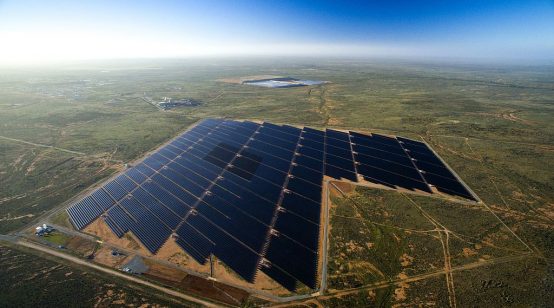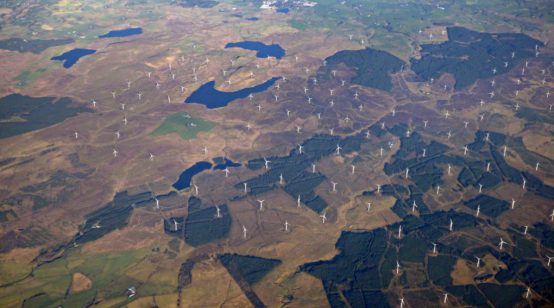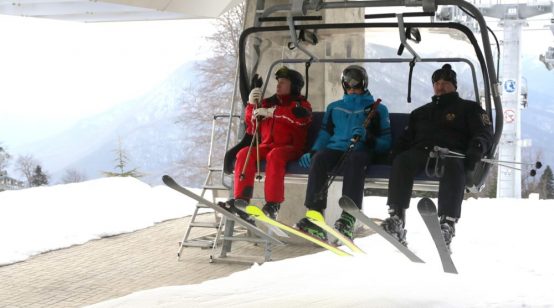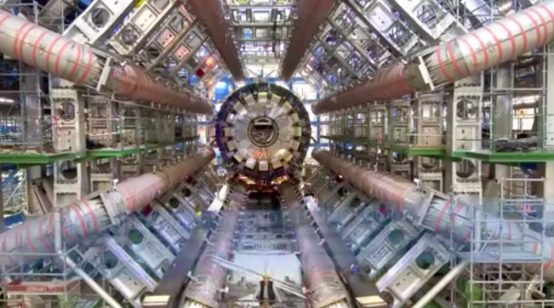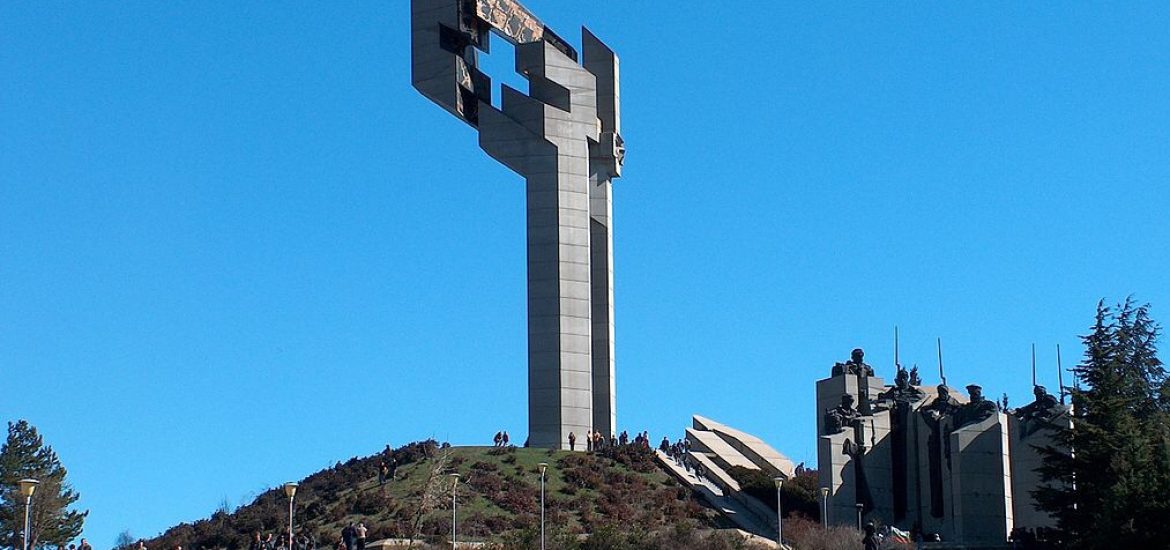
Bulgaria’s state-run gas supplier, Bulgargaz, has signed a deal to buy 1.5 million megawatt hours of natural gas from the Greek supplier Depa.
It is the first time the state supplier has bought gas outside its long-term agreement with Russian export giant Gazprom.
Bulgargaz said it would begin pumping gas into its Chiren underground storage site before June.
More than 95 per cent of Bulgaria’s gas comes from Gazprom through a pipeline crossing Ukraine, Moldova and Romania.
Bulgargaz said Depa had offered the lowest price in a bidding process that also received offers from Bulgaria’s Dexia and Netherlands-based Kolmar.
Bulgarian Prime Minister Boyko Borissov said in March that he was expecting Azerbaijan’s state-run energy company Socar to start investing in the Bulgarian retail gas distribution network this year.
Bulgaria said it planned to meet up to 30 per cent of its gas needs beyond 2020 through purchases from Azerbaijan under its contract to import 1 billion cubic metres (bcm) of gas a year from the Shah Deniz 2 gas field in the Caspian Sea off the Azeri coast.
Last week, the Bulgarian energy regulator approved an 0.83-per-cent increase in the regulated wholesale gas price for this quarter, to 45.17 levs (€23.1) per MWh, free of VAT and excise duty.
EU funding
The European Commission said yesterday (Tuesday) that it was planning to invest €33 million in the construction of a 182km gas pipeline between Komotini in northern Greece and Stara Zagora (pictured) in Bulgaria as part of a €4-billion package for 25 investment projects across 10 member states.
The pipeline, linking Greece and Bulgaria’s gas systems for the first time, had a common interest and contributed to the bloc’s energy objectives to increase the diversity of supply, said European Commissioner for Regional Policy Corina Cretu.
The investment package also included projects in the Czech Republic, Germany, Hungary, Italy, Malta, Poland, Portugal and Romania, covering health, transport, research, the environment and energy.
“These 25 projects are examples of how the EU is working to improve everyday life for our citizens from better drinking water to faster rail transport and modern hospitals. In the current budget period, I have adopted 258 large infrastructure projects worth €32 billion of EU funds,” said Cretu.
Gas hub? Stara Zagora in Bulgaria. Picture credit: Wikimedia

